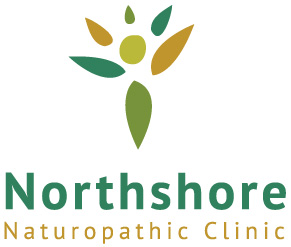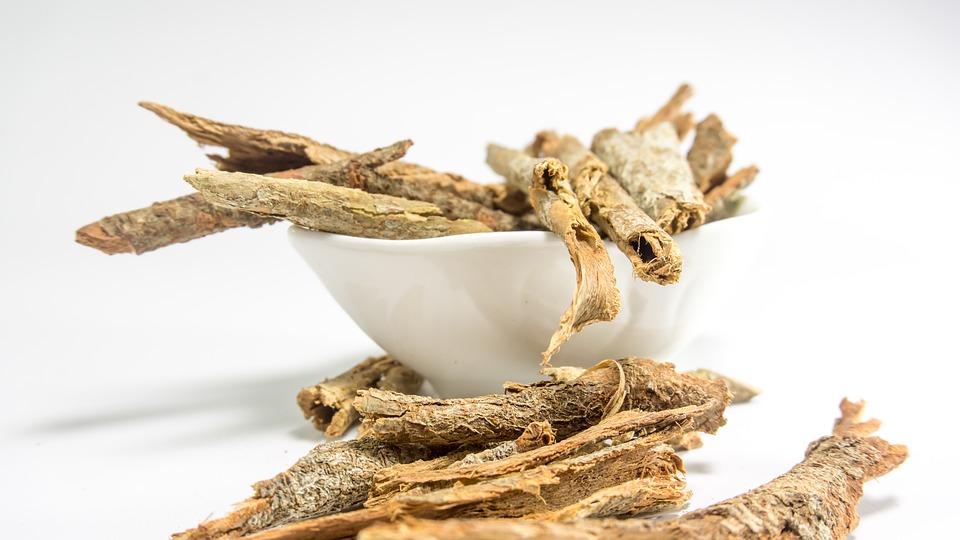By Irene Hayton
As Dr. Matsen states in his Monthly Comment for February 2007, ”flaxseeds are an excellent source of the omega-3 fatty acid alpha-linolenic acid (ALA), which has powerful anti-cancer properties. ALA has been shown to protect against breast cancer and stop the growth of breast cancer cells.
Flaxseeds are also the best source of lignans, a natural compound found in plants. When lignans are eaten by your intestinal bacteria, they are converted into plant estrogens called phytoestrogens. These phytoestrogens look and act like very mild estrogens—they balance out your hormones and help protect against cancer.
And as an added bonus, flaxseeds are also rich in fiber. Fiber pulls the hormones released in the bile out with the stool before intestinal bacteria can convert them back into strong, potentially harmful hormones.”
As you can see, flaxseeds are highly nutritious. Many food companies are incorporating them into their food products by adding them to breads, cereals, crackers, etc. The problem with this is that flaxseeds are protected by a tough seed coat that won’t be broken down by the digestive process, so if you swallow them whole you won’t benefit from all the nutrients they contain, particularly the essential fatty acids (ALA). These healthy oils are easily spoiled by heat, oxygen, and light. So avoid packaged ground flaxseeds and baked or cooked products that have ground flax in them.
The best way to consume flaxseeds is to grind the whole seeds in a coffee grinder or in a small blender. Grind them just before consuming them so that the oil remains fresh. It’s best to store flaxseeds in the fridge to keep them fresh.



